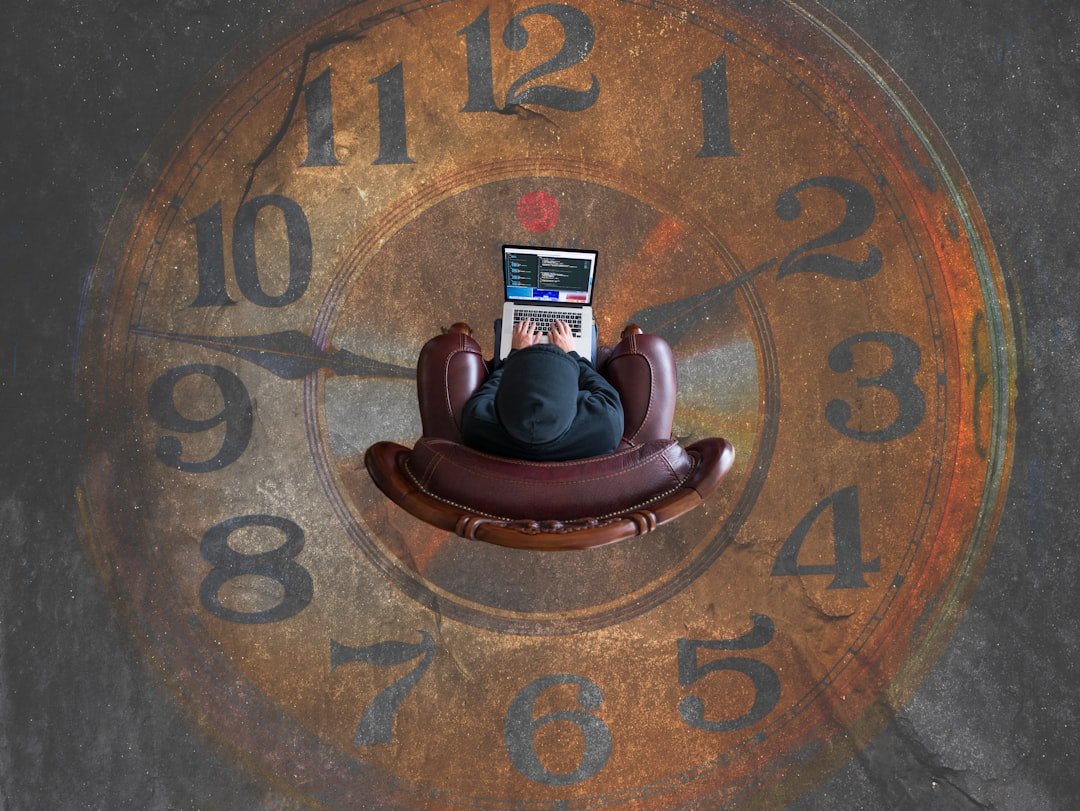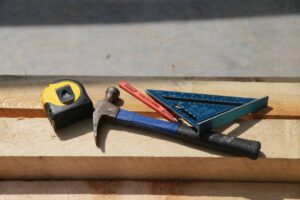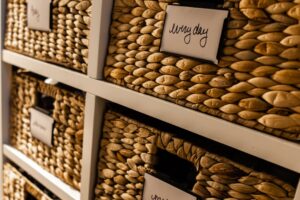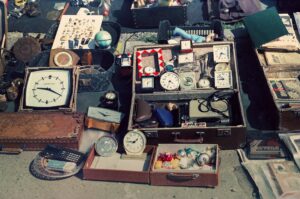Want to build a healthier financial future without feeling totally deprived? I get it. Sometimes it feels like no matter how hard you try your money just seems to disappear. But trust me you don’t need a finance degree or a six-figure income to start making real progress. It's about smart choices and consistent habits.

I've learned a lot about discipline and changing habits on my own journey. Overcoming things like binge eating and completely transforming my lifestyle to lose over 110 pounds taught me that small steady steps lead to massive results. The same mindset applies to managing your money. It’s not about perfection; it’s about making a little progress each day.
So let’s talk about some simple budget-friendly hacks that can help you save money and feel more in control of your finances. These aren't complicated theories. They are practical things you can start doing today.
Know Where Your Money Goes
Before you can save money you need to know where it’s actually going. This was a game-changer for me.
- Track Your Spending: For a week or even a month jot down every single purchase. Use a notebook a simple app or even your phone's notes. You might be surprised at what you find. Those small daily coffees or impulse buys really add up.
Plan Your Spending
Once you know where your money is going you can make a plan for it. This isn't about restricting yourself into misery. It’s about being intentional.
- Create a Simple Budget: Think of a budget as a spending plan. List your income and your essential expenses (rent utilities groceries). Then decide how much you want to allocate to other categories like savings entertainment or personal care. It doesn't have to be perfect from day one. Adjust as you go.
- Automate Your Savings: This is one of the easiest wins. Set up an automatic transfer from your checking account to your savings account each payday. Even a small amount adds up over time. Pay yourself first before you're tempted to spend it elsewhere.
Master Your Food Costs
Food is a big expense for most people but it's also an area where you can find significant savings. I learned this firsthand. When I was tackling my unhealthy eating habits and working to lose weight learning to cook at home was crucial. It wasn't just better for my health; my food bills dropped dramatically. I stopped relying on expensive takeout and discovered how much I could save and how much I enjoyed making my own meals.
Here are some food-related hacks:
- Meal Plan Like a Pro: Before you go grocery shopping plan your meals for the week. This helps you buy only what you need and avoid those last-minute "what's for dinner?" panics that lead to expensive takeout.
- Embrace Home Cooking: Eating out is a major budget buster. Cooking at home is almost always cheaper and often healthier. Start with simple recipes. You don't need to be a gourmet chef.
- Pack Your Lunch: If you work outside the home buying lunch every day adds up incredibly fast. Packing your own lunch can save you hundreds of dollars a year. Leftovers from dinner make great lunches.
- Brew Your Own Coffee or Tea: That daily latte or specialty coffee? It's a habit that drains your wallet. Make your coffee or tea at home and watch the savings grow.
- Stick to Your Shopping List: Once you've meal-planned make a grocery list and stick to it. Avoid wandering the aisles which often leads to impulse buys.
- Consider Generic Brands: Store brands or generic products are often much cheaper than name brands and the quality is usually very similar. Give them a try.
- Drink More Water: Cut back on sugary sodas juices and expensive bottled water. Tap water is free (or very cheap) and much healthier.
Cut Unnecessary Expenses
Take a hard look at your regular bills and see where you can trim the fat.
- Audit Your Subscriptions: Do you have subscriptions for streaming services apps or gym memberships you rarely use? Cancel them. Be honest with yourself about what you truly need and use.
- Unplug Electronics: Many electronics use "phantom power" even when they're turned off. Unplug chargers TVs and other appliances when not in use or use a power strip that you can easily switch off.
- Borrow Don't Always Buy: Your local library is an amazing free resource for books movies music and sometimes even museum passes. Before you buy a book check if you can borrow it.
- Find Free Entertainment: You don't need to spend a lot of money to have fun. Explore local parks go for hikes have a picnic visit free community events or host a game night with friends.
Be a Smart Shopper
A little bit of savvy can go a long way when you're making purchases.
- The 24-Hour Rule: For non-essential purchases especially bigger ones wait 24 hours before buying. This helps you avoid impulse buys and gives you time to consider if you really need the item.
- Repair Instead of Replace: Got a leaky faucet or a wobbly chair? Before rushing out to buy a new one see if it can be repaired. Learning basic repair skills can save you a lot of money. Youtube is full of helpful tutorials.
- Look for Secondhand First: For items like furniture clothes or books check out thrift stores consignment shops or online marketplaces before buying new. You can find incredible deals.
Saving money isn't about deprivation. It's about empowerment. It’s about making conscious choices that align with your goals for a better future. It took me time to build healthy habits in my life and it takes time to build healthy financial habits too. Be patient with yourself. Celebrate the small wins.
What's one small change you can make this week to start saving a little more? Maybe it’s packing your lunch one extra day or canceling that one unused subscription. Take that first step. You might be surprised at how good it feels.





